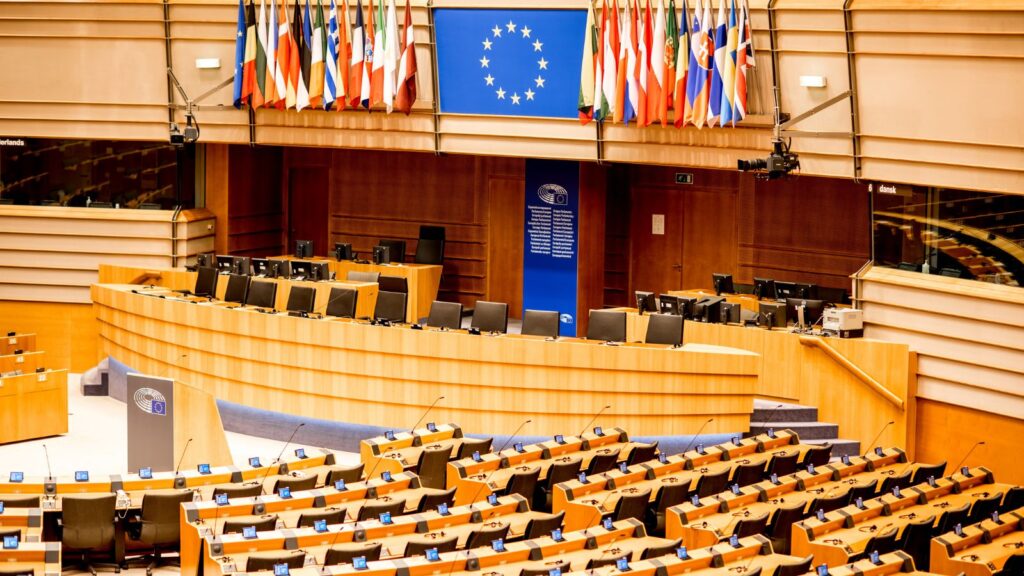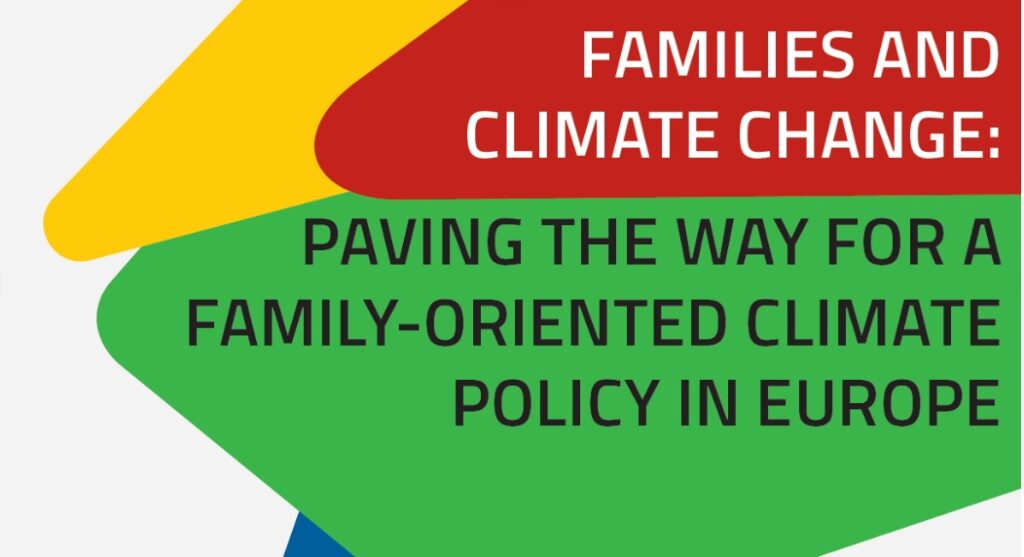LOW CHILDREN-TO-STAFF RATIO AS A PRIMARY DRIVER FOR CHILDREN’S WELL-BEING AND FAMILIES’ ENGAGEMENT
Principle 11 of the European Pillar of Social Rights states that children have the right to affordable early childhood education and care (ECEC) of good quality. Since its adoption in 2017, the European Commission has been actively engaged in developing policy proposals and indicators to improve the availability and quality of ECEC in the European Union.
At this crucial time, as governments across the EU are called to increase the overall uptake of ECEC, the ambition of COFACE Families Europe is to support all children’s right to education and the reconciliation of work and family life for parents and carers by developing policies and workplace measures around three pillars: access to Resources, Services and Time. ECEC is an essential part of the Services pillar. COFACE Families Europe has been advocating for high-quality ECEC settings that are accessible, inclusive, and function as a two- and multi-generational tool benefiting children and adults.
COFACE has developed a thematic note to trigger debate. The note examines a crucial precondition for high-quality ECEC provision: the ratio of children to staff in daycare settings (child-staff ratio). Low child-staff ratios can yield multiple benefits for the children and all the other actors involved. These include the ability for staff to create conditions for meaningful interactions with toddlers and infants, offering opportunities for stronger partnerships between parents and ECEC staff, and providing the necessary conditions for responsive, targeted approaches to the specific needs of children with disabilities.
The child-to-staff ratio maintained in playgroups within early childhood centers is an essential feature of provision that is directly associated with perceived quality changes in infants’ and toddlers’ daily experiences across ECEC centers. As a quality measure, the child-staff ratio places the focus on both the level to which nurseries and daycare centers are resourced, and how these resources translate into meaningful contacts and interactions between infants and practitioners.
Better child-to-staff ratios – i.e., fewer infants per skilled practitioner – are associated with key indicators of quality of care, such as increases in meaningful one-to-one interactions in playgroups, more time available for care routines, and frequency of parent-educator contacts. The benefits to improve these standards are long-term and well-documented, ranging from improved children’s well-being and engagement levels to early socio-emotional development.
At this juncture, when public authorities across the EU are pressed to expand ECEC participation in the framework of the European care strategy and European Child Guarantee, it is essential to keep the central elements of quality provision from being sacrificed in the effort to achieve universal access. To avoid this trade-off, EU governments must make a strong commitment to developing high-quality ECEC systems. Join the conversation by sharing your views.
Read the full Thematic note here.





